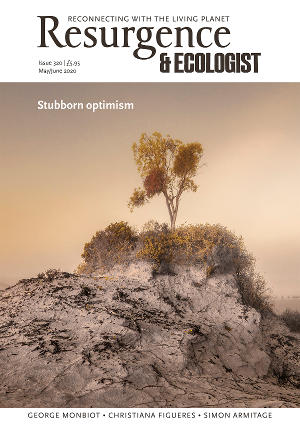One evening, a few days before the epidemic gained ground in the UK, I received a text from someone I hadn’t – and still haven’t – met in person. “Thanks for being a great community,” it said. The text was sent to a WhatsApp group with six members. We had gathered as part of a grassroots effort to coordinate mutual aid in Lewisham, South London.
By the next morning, our group was 50 or so; 100 or so by the following day. Now, a week later, our group consists of 300 neighbours in our ward, ready to run errands and chat with one another as this crisis escalates. A local designer created and printed 6,000 flyers for free, so that we could reach out to every house in our ward; we have a phone tree, a health and safety handbook, cashless arrangements with local shops, and a huge bank of knowledge to draw on from local people who work in mental health, migrant rights, domestic violence support, IT, community organising and much more.
Across the UK, almost three thousand groups like ours sprang up in just a week – an estimated 2.5 million volunteers. This action is heartening, but challenging: how do we build a big enough and trusted enough critical mass so fast, while keeping our distance? What does accountable, autonomous organising look like in a moment of crisis? How do we offer up our time and skills in support of our neighbours while holding decision makers to account for the gaps in crucial public services? What might a socially just recovery from coronavirus look like?
In the words of the Big Door Brigade in the US, mutual aid is about “building new social relations that are more survivable”. As the UK ‘locks down’ – and beyond – we must check in on one another and stand up for one another; we must rise to meet scarcity, anxiety and trauma with solidarity and care.







